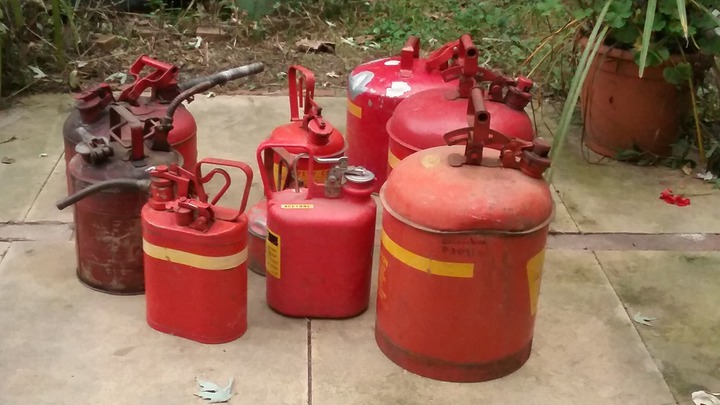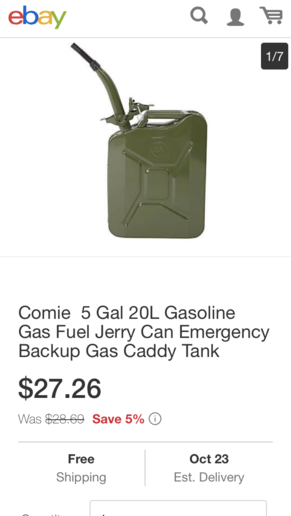I was a certified Mechanic during the 60s and 70s. Have tried to stay somewhat up to date over the years but by no means could do the work today.
A good friend and I were talking and he asked me a question I have not give much thought to.
He said he knew that today's quality motor oil is far advanced over what we could get during that time, and he wondered if a brand new engine of that era could last as long as newer engines?
I stated that fuel injection and the electronics (computer) play a big part in the longer life of todays engines along with better oils. I could not give him an answer.
What do some of you think?
A good friend and I were talking and he asked me a question I have not give much thought to.
He said he knew that today's quality motor oil is far advanced over what we could get during that time, and he wondered if a brand new engine of that era could last as long as newer engines?
I stated that fuel injection and the electronics (computer) play a big part in the longer life of todays engines along with better oils. I could not give him an answer.
What do some of you think?





